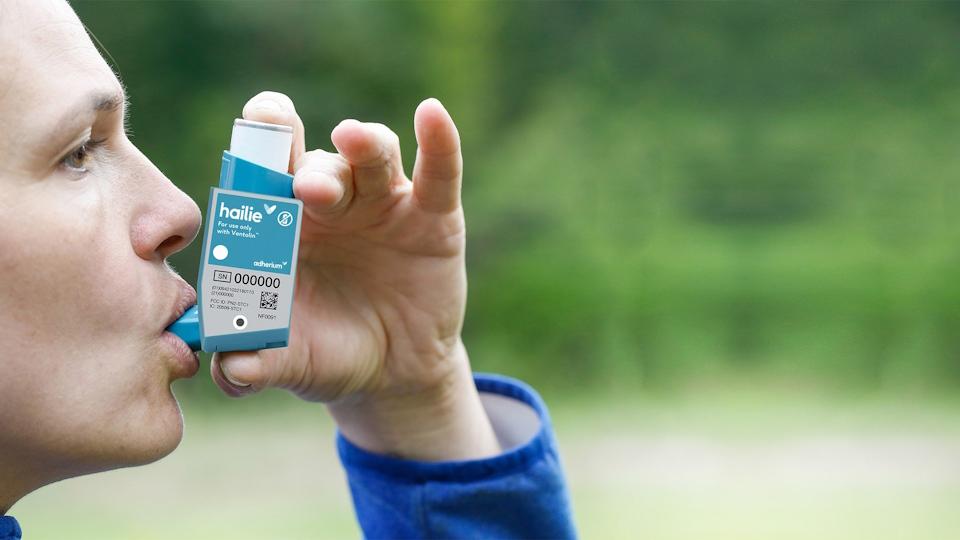States halting AZ jab a ‘disaster’ for EU’s COVID vaccination programme

The decision by around a dozen EU countries to suspend dosing with AstraZeneca’s COVID-19 vaccine is facing criticism, amid fears that it could undermine the response to the pandemic in Europe.
Germany, France, Italy and Spain are among the member states that have announced a suspension of dosing with AZD1222 in the last 24 hours as investigations into blood clots seen in 37 out of around 17 million people who have received the jab are investigated.
Speaking to the BBC Today programme this morning, Professor Peter Openshaw, professor of experimental medicine at Imperial College London (ICL), said that “the benefits of being vaccinated at the moment so far outweigh the possible concern over this…rather rare type of blood clot.”
“It is a completely one-sided argument, statistically, that we need to be vaccinating,” he said. “I think it is a disaster for the vaccination uptake in Europe which is already on slightly unsteady ground in some countries.”
He suggested that the decision to pause was at least in part down to fears that national committee “might be in some way thought culpable if they didn’t,” and pointed out that clotting is a significant factor in the COVID-19 illness itself.
Experts at the World Health Organization (WHO) and the EMA’s Pharmacovigilance Risk Assessment Committee (PRAC) are due to meet later today to review the clot data and will announce the result of their deliberations shortly afterwards.
For the time being, however, both organisations say that the benefits of the AZ vaccine in preventing COVID-19, with its associated risk of hospitalisation and death, outweigh the risks of side effects, so the decisions by individual nations to hit the pause button has flummoxed some commentators.
AZ, regulators and independent experts including the International Society on Thrombosis and Haemostasis (ISTH) say that the number of cases of blood clots and low platelet counts (thrombocytopenia) is no higher than would be expected in the general population.
The countries that have suspended dosing all say that it is a temporary precaution, and in some cases that the aim is to identify whether some parts of the population should not be vaccinated, although that type of subgroup analysis looks likely to be a challenge given the tiny dataset to work from.
Critics say that the approach taken by the countries may be sensible in normal times, but looks less so in the context of a global pandemic.
It isn’t the first time that member states in the EU have gone against the advice of the EMA. Several countries also declined to approve use of AZD122 in people aged over 65, even though it was licensed in that group, based on an erroneous interpretation of clinical trial data that was perpetuated by some media outlets.
Those decisions have now been reversed, but there are concerns that repeated undermining of public confidence in AZD122, and potentially COVID-19 vaccination more widely, could strengthen anti-vaxxer sentiment and reduce immunisation rates at a critical point in the fight against the pandemic.
Stephen Evans, professor of pharmacoepidemiology at the London School of Hygiene & Tropical Medicine, told the British Medical Journal recently that “the problem with spontaneous reports of suspected adverse reactions to a vaccine [is] the enormous difficulty of distinguishing a causal effect from a coincidence.”
The European Commission’s president Ursula von der Leyen said this morning that an agreement for “accelerated delivery” of 10 million doses of the Pfizer/BioNTech vaccine in the second quarter had been reached to give “member states room to manoeuvre and possibly fill gaps in deliveries.”













